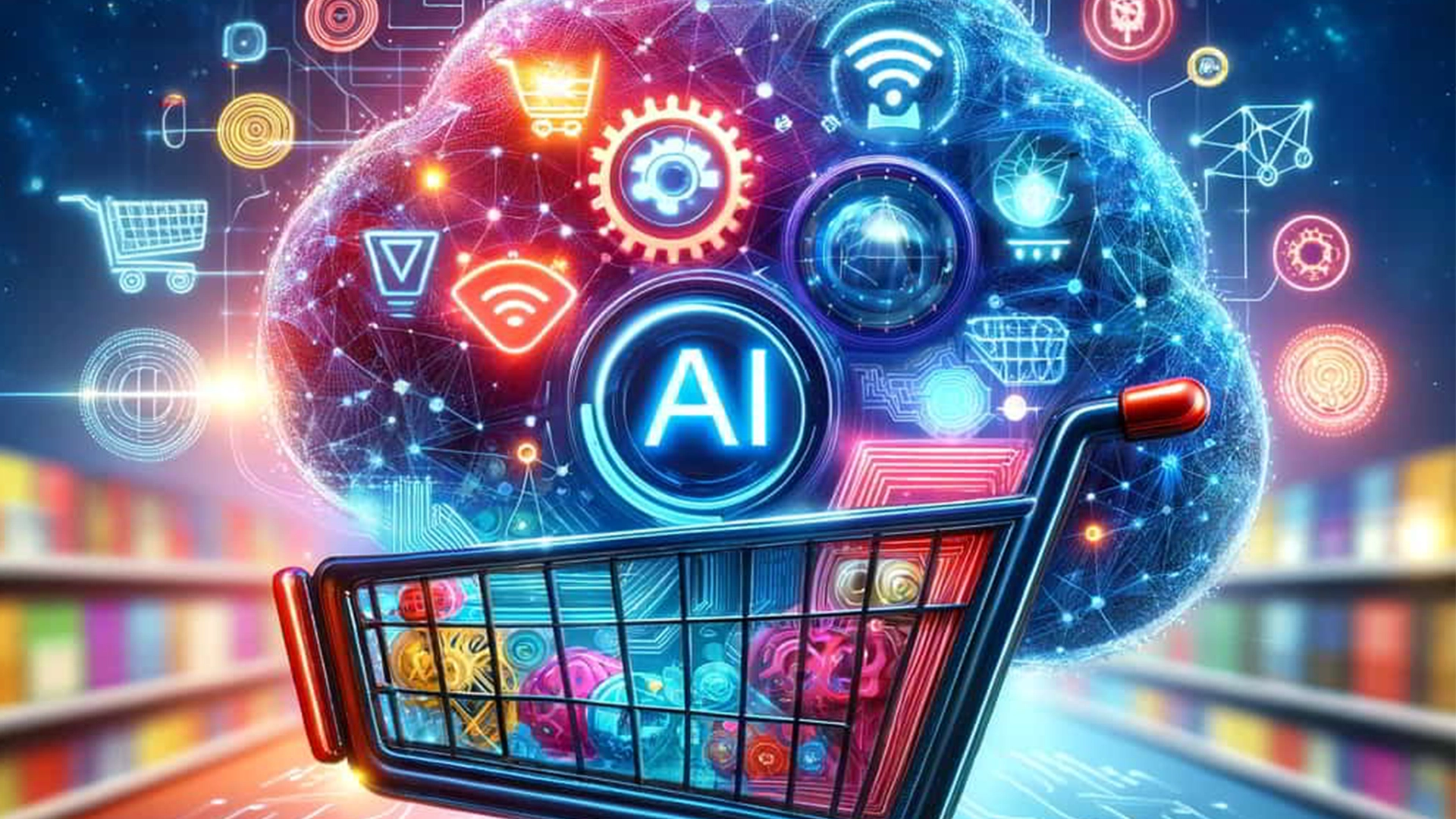
The Impact of Artificial Intelligence on Online Store Revenue
The Impact of Artificial Intelligence on Online Store Revenue
The integration of artificial intelligence (AI) in online stores is transforming the e-commerce landscape, driving significant increases in revenue and customer satisfaction. AI technologies empower businesses to deliver personalized experiences, optimize operations, and unlock new growth opportunities.
One of the most remarkable applications of AI in e-commerce is personalized recommendations. By analyzing user behavior and preferences, AI algorithms suggest products that are most likely to interest customers. This targeted approach boosts conversion rates and increases the average order value, directly impacting revenue.
AI also enhances customer service through chatbots and virtual assistants. These tools provide instant responses to customer queries, ensuring seamless support and improving satisfaction. Quick issue resolution encourages repeat purchases and builds customer loyalty.
Inventory management is another area where AI excels. Predictive analytics powered by AI helps businesses forecast demand, reduce overstocking or stockouts, and optimize supply chains. This results in cost savings and improved profitability.
Additionally, AI-driven marketing campaigns allow online stores to reach the right audience at the right time. Through machine learning, businesses can identify the most effective strategies for advertising and promotions, maximizing return on investment.
Fraud detection is another critical advantage. AI systems can analyze transactions in real-time to identify and prevent fraudulent activities, ensuring the security of both businesses and their customers.
By adopting AI, online stores can achieve enhanced efficiency, increased sales, and greater customer retention. The future of e-commerce lies in leveraging AI to stay competitive and drive sustainable revenue growth.
The integration of artificial intelligence (AI) in online stores is transforming the e-commerce landscape, driving significant increases in revenue and customer satisfaction. AI technologies empower businesses to deliver personalized experiences, optimize operations, and unlock new growth opportunities.
One of the most remarkable applications of AI in e-commerce is personalized recommendations. By analyzing user behavior and preferences, AI algorithms suggest products that are most likely to interest customers. This targeted approach boosts conversion rates and increases the average order value, directly impacting revenue.
AI also enhances customer service through chatbots and virtual assistants. These tools provide instant responses to customer queries, ensuring seamless support and improving satisfaction. Quick issue resolution encourages repeat purchases and builds customer loyalty.
Inventory management is another area where AI excels. Predictive analytics powered by AI helps businesses forecast demand, reduce overstocking or stockouts, and optimize supply chains. This results in cost savings and improved profitability.
Additionally, AI-driven marketing campaigns allow online stores to reach the right audience at the right time. Through machine learning, businesses can identify the most effective strategies for advertising and promotions, maximizing return on investment.
Fraud detection is another critical advantage. AI systems can analyze transactions in real-time to identify and prevent fraudulent activities, ensuring the security of both businesses and their customers.
By adopting AI, online stores can achieve enhanced efficiency, increased sales, and greater customer retention. The future of e-commerce lies in leveraging AI to stay competitive and drive sustainable revenue growth.



